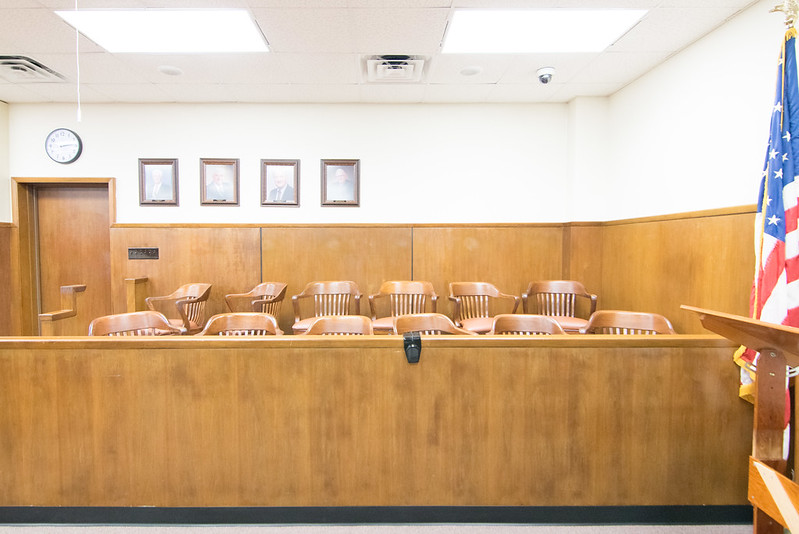A federal grand jury helps the government investigate possible crimes and decide if there’s enough evidence to press charges. Essentially, the grand jury acts as a checkpoint to ensure that serious legal actions are only taken when there’s solid evidence supporting them.
This process helps maintain fairness and prevents charges from being filed without proper grounds.
Contents
What is a Federal Grand Jury?
A federal grand jury is a group of citizens tasked with investigating criminal conduct and determining whether there is sufficient evidence to indict a suspect. Composed of 16 to 23 jurors, a federal grand jury is selected from the same pool as trial jurors, but it operates under different procedures and rules.
How the Process Works
The federal grand jury process begins with the prosecutor presenting evidence and witnesses to the jurors. The prosecutor acts as a legal advisor, guiding the jury through the proceedings and answering any questions they may have.
Unlike in a trial, the defense attorney is not present during these proceedings, and the grand jury does not determine guilt or innocence. Instead, their role is to assess whether there is probable cause to believe a crime has been committed.
The jurors listen to witness testimony, review evidence, and may ask questions through the prosecutor. After the presentation of evidence, the jurors deliberate in private to decide whether to issue an indictment. A minimum of 12 jurors must agree to indict for the process to move forward.
Rights and Limitations
While the grand jury has significant investigative powers, there are rights and limitations to be aware of. Witnesses appearing before a grand jury have the right to invoke the Fifth Amendment, refusing to answer questions that may incriminate them.
However, they do not have the right to have an attorney present during questioning, although they can consult one outside the jury room.
The grand jury’s power is not unlimited. It cannot violate constitutional rights, and its proceedings are subject to judicial review if there is evidence of abuse of power or misconduct.
The Role of the Grand Jury
The grand jury has a few key jobs: investigating possible crimes and deciding if there’s enough evidence to press formal charges.
Investigative Function
It is empowered to gather evidence and hear testimony to determine whether a crime has been committed. This includes issuing subpoenas to obtain documents, records, and other physical evidence, as well as compelling witnesses to testify under oath.
Indictment Process
An indictment is a formal charge that initiates criminal proceedings against an individual. For an indictment to be issued, the grand jury must find probable cause, which means there must be enough evidence to believe that a crime was likely committed by the suspect.
Confidentiality and Secrecy
The grand jury operates under strict confidentiality and secrecy to protect the integrity of the investigation and the privacy of those involved. Proceedings are held in closed sessions, and the details of the grand jury’s deliberations are not made public.
This secrecy helps prevent undue harm to the reputations of individuals who may not be charged and ensures that witnesses are not subject to external pressures or retaliation. The confidentiality also allows the grand jury to conduct its investigation without interference from the public or media.
Protection of Rights
While the grand jury has substantial powers, it also serves to protect certain rights. Witnesses appearing before the grand jury have the right to refuse to answer questions that might incriminate them, though they must do so in the absence of legal counsel during their testimony.
Advisory Role
By examining evidence and issuing indictments, the grand jury helps ensure that serious cases with sufficient evidence proceed to trial. Its findings can influence prosecutorial decisions and provide a check on the use of prosecutorial power, ensuring that charges are brought based on credible evidence rather than arbitrary decisions.
Conclusion
The federal grand jury process is key to keeping things fair in the U.S. legal system. It makes sure that there’s a careful review of evidence before serious charges are made.
If you’re involved in a grand jury investigation, having a federal defense attorney can be incredibly helpful. They can guide you through the process, protect your rights, and ensure that you’re prepared for every step.




